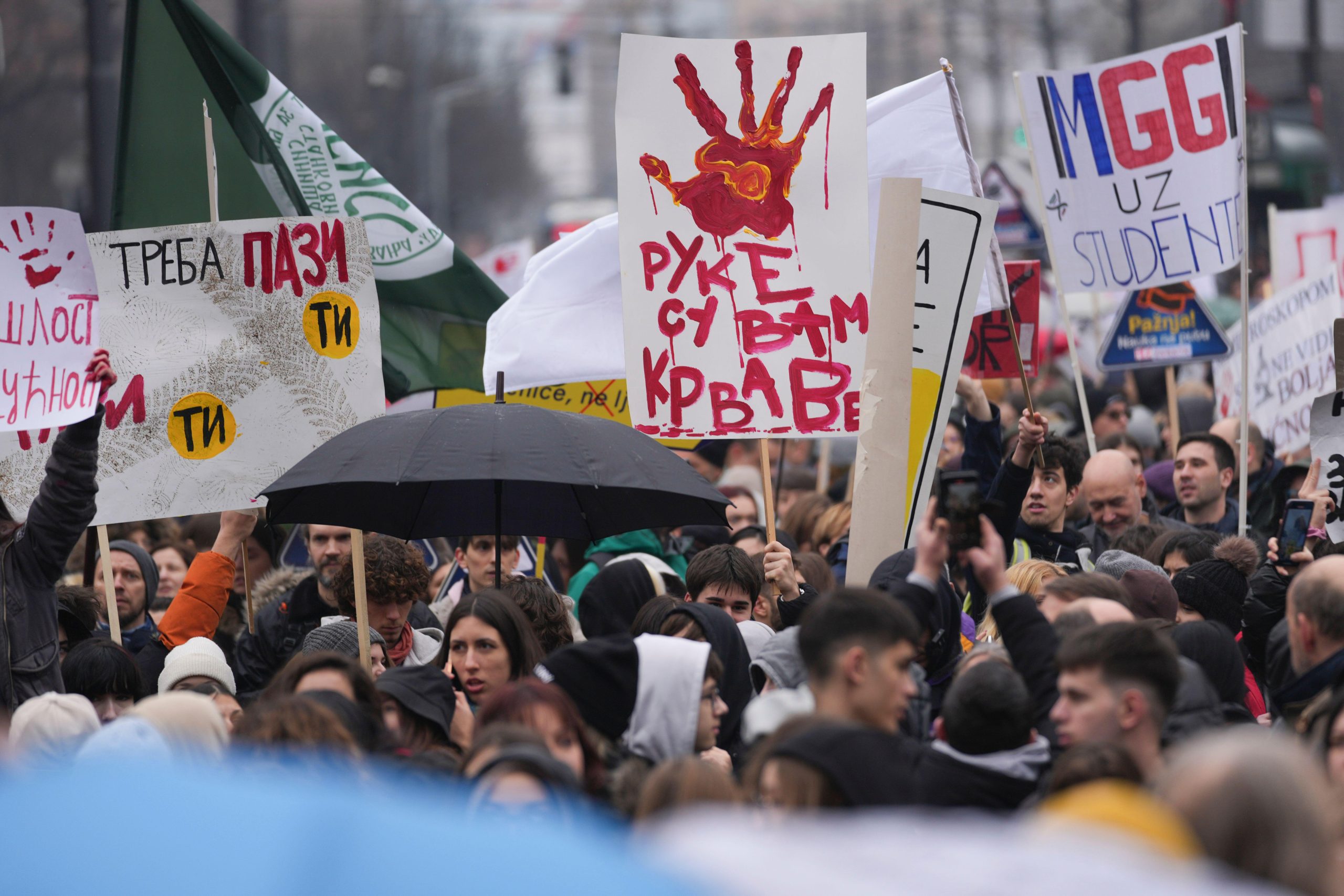A resolution that was adopted today in Geneva extends the mandate of Miklos Haraszti, a Special Rapporteur on human rights situation in Belarus, for one more year. Andrei Aliaksandrau reports
The UN Human Rights Council expressed its “deep concern at continuing violations of human rights in Belarus, which are of a structural and endemic nature, and also at the systemic and systematic restrictions on human rights, especially in the case of the freedoms of association, of assembly, and of opinion and expression, as well as the guarantees of due process and fair trial.”
The Council strongly urged the Belarusian government to “immediately and unconditionally release and rehabilitate all political prisoners, and to rehabilitate those who have already been released, to address, through comprehensive, transparent and credible investigations, reports of torture and ill-treatment by law-enforcement officials, and to put an immediate end to the arbitrary detention of human rights defenders and political opponents, arbitrary travel bans and other policies aimed at intimidating representatives of the political opposition and the media, as well as human rights defenders and civil society.”
Related: The first rule of dictator club…
The resolution extends the mandate of a Special Rapporteur on human rights situation in Belarus and urges the government of the country to cooperate fully with the Miklos Haraszti, including by providing him access to visit Belarus. Previously, he was denied a visa to enter the country, and it is likely still to be the case in future. Mikhail Khvostov, the Permanent Representative of Belarus to the UN Office in Geneva, reiterated just before the voting that Belarus does not recognize the mandate of the Special Rapporteur. He also described the resolution proposed by the European Union as an “act of aggression against the United Nations,” BelaPAN News Agency reported.
Twenty-six countries voted in favour of the resolution, while three countries voted against it and 18 more abstained. The attempts of delegations of several “like-minded” states to prevent a critical resolution on Belarus, failed.
“This is a significant resolution that allows keeping the alarming human rights situation in Belarus in focus of international community. I hope the authorities of the country change their aggressive attitude towards the Special Rapporteur and start cooperating with him to bring positive changes to the situation,” Tatsiana Raviaka, a representative of the Human Rights Centre “Viasna”, told Index.




